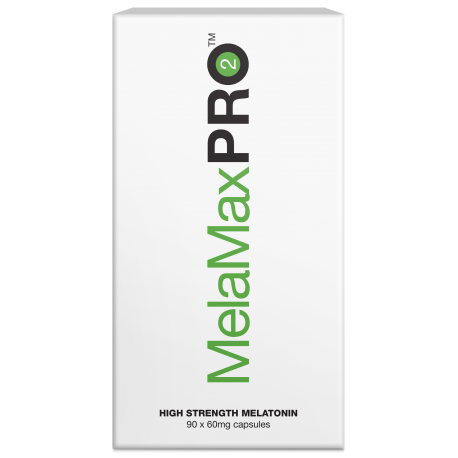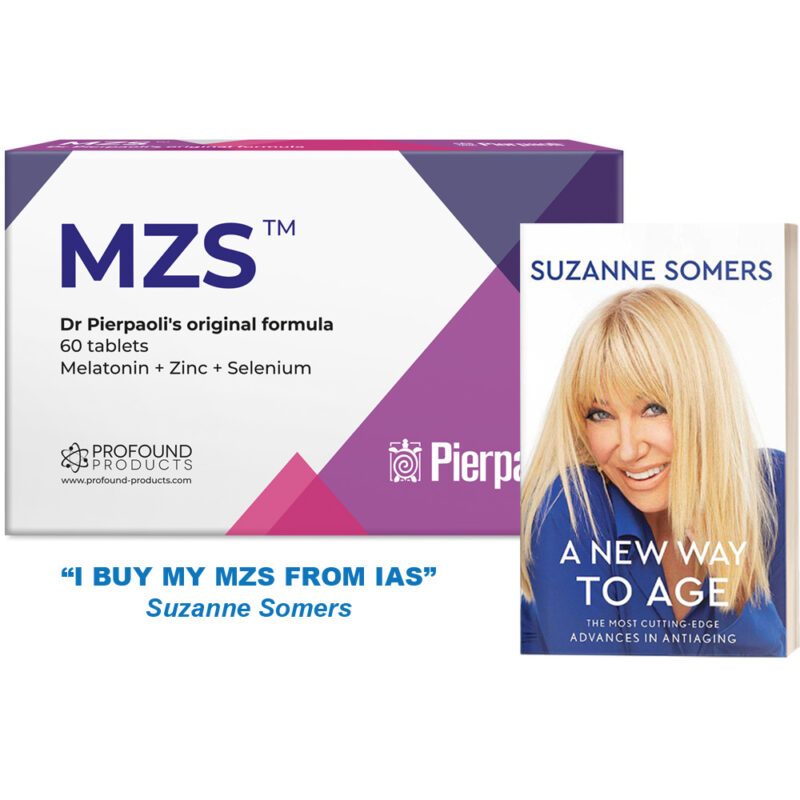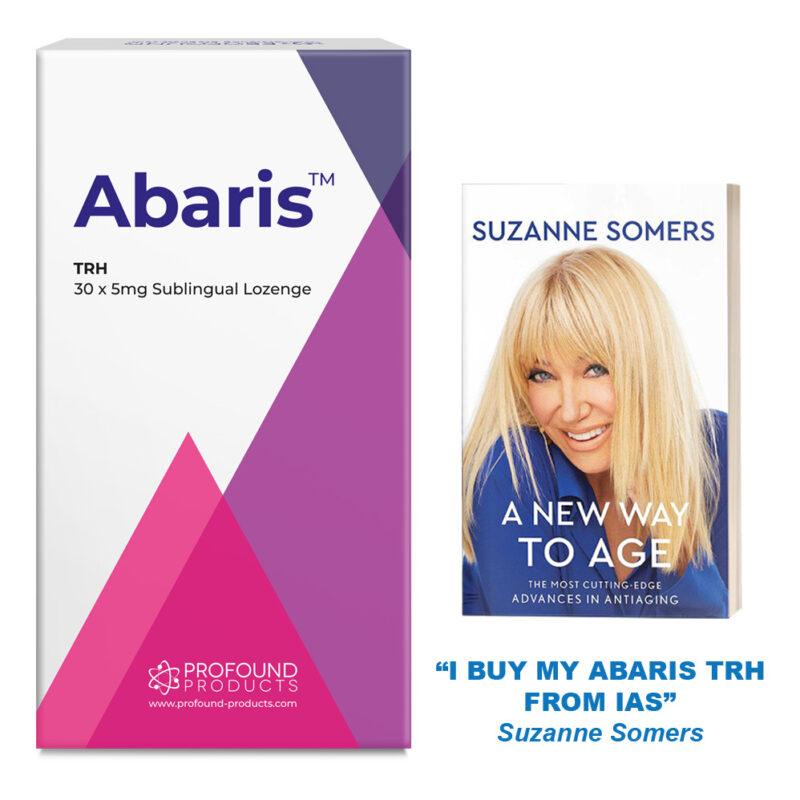Interview with Walter Pierpaoli, M.D. about melatonin and TRH
Born in 1934, Dr. Walter Pierpaoli is one of the world’s eminent researchers in the field of aging and cancer. He is perhaps best known for his research in the field of melatonin and its effects on aging, sleep patterns, cancer, jet lag, fertility and immunity (to name a few). His efforts to promote these facts through his scientific and clinical publications and also through his animal laboratory and patient clinics in Italy and Switzerland, plus also through his global lectures and his own Stromboli conferences are legendary.
Dr. Pierpaoli is currently the president of the Interbion foundation for basic biomedical research and the director of the Jean Choay Institute for Biomedical Research, in this interview (conducted in July 2011), Phil Micans of IAS asks Dr. Pierpaoli questions about his research with melatonin and also about his latest research with TRH.
Phil: “Dear Walter,It’s been more than 15 years since you published the melatonin miracle; is melatonin still as relevant today as it was then?”
Dr. Pierpaoli: “Yes, perhaps even more so since we have discovered even more about its healing and protective qualities.”
Phil: “What prominent studies between now and then have shown additional/ clinical benefits for melatonin?”
Dr. Pierpaoli: “There are quite a few, many supporting my own findings, but perhaps the most dramatic was work conducted in China on 100 patients who were suffering with age related macular degeneration [ARMD]. This is a big global problem because there is no effective treatment for either the more prevalent dry form, or the more aggressive wet form. Thus it was with great interest that we monitored these 100 patients over 6 months to see if our combination of Melatonin Zn Se, [MZS] that is melatonin along with zinc and selenium could be helpful. We gave these patients nothing more than 1 of our MZS tablet’s each night before they went to bed. What we discovered was beyond what we could have imagined, in almost every case the MZS made a difference, in fact in 90% of cases there was reversal in both the wet and dry forms of ARMD. What’s more no side effects had been noted, unless of course you include better sleep, more well being and energy levels in the daytime as side effects!”
Phil: “Gosh! And I wonder how many people know about that ARMD study? ARMD is one of the most prevalent age related eye disorders for older individuals and frankly the standard mainstream medicine therapies are poor, expensive and intrusive; plus they only treat the wet type, the patient has to wait until the dry type gets worse first!”
Dr. Pierpaoli: “True and the standard therapy is an injection into the eye every few months at a cost of something like $1000 each and even then after 2 years of these injections the studies tell is that there’s only a 50/50 chance of some efficacy… Compare that to just swallowing a Melatonin Zn Se tablet every night for several months, at a cost of less than $90 with 90% efficacy. But like you say Phil- who knows these facts? And this is despite several worldwide presentations and publication in 2005 in the Medline journal- the New York Academy of Science.”
Phil: “Yes indeed, it’s one my favorite sayings; ‘if you want to keep it a secret publish it!’ There is so much in the literature, but who is reading it all, let alone digesting it all? But tell me, there has been an explosion of melatonin availability on the market; are all melatonin supplements the same and if they are not, what are the differences?”
Dr. Pierpaoli: “The most important thing to do with melatonin is to create the same night peak as your pineal gland. A healthy pineal will release its night peak of melatonin between 1am and 3am, so one should try to emulate that. This is why sublingual melatonin is not effective because it would create a night peak too soon and conversely a slow release melatonin would create too low a peak for too long. There should only be a short delay to the release of melatonin, if you will a brief time release. We created our melatonin to release its peak into the blood within 4 hours; thus individuals can take it between 9pm and 11pm and know that their night peak would be synchronized with nature between 1am and 3am.”
Phil: “So should one be religious with the timing of the melatonin dose?”
Dr. Pierpaoli: “As much as possible yes, but it won’t matter greatly if some doses are timed differently, but it’s important for the majority to remain correct. For jet lag of course, one takes the tablet at the destination time of 9pm to 11pm a few days beforehand. So for example, if you are in Los Angeles and travelling to New York you should take the melatonin 6pm to 8pm LA time- this being 9pm to 11pm NY time- for a couple of days beforehand; this way you will hit the ground running in New York. But I want to say that I am concerned about something and that is those persons taking melatonin at the wrong times or in the wrong formats for long periods of time- they may not see any anti-aging benefits, in fact it’s possible there could even be pro-aging effects- especially if the synchronization of the hormonal cyclicity is deranged.”
Phil: “Is there anything else in general that people can do to help with their melatonin production/ availability?”
Dr. Pierpaoli: “There is something simple; always ensure that your bedroom is as dark as possible. This is because light entering the eye destroys melatonin production, so if you or your partner watches TV or reads a book- stop it quickly- and of course make sure there are good curtains and no night lights on etc., otherwise wear a blindfold. I want to add that the light halts endogenous production of melatonin but not the exogenous, in other words it affects your own pineal production, but it won’t affect the supplement you’ve taken.”
Phil: “Naturally we remember your research that confirms that melatonin protects the pineal gland, and that in turn helps to balance the day/ night cycle to restore circadian rhythms, through which hormonal cyclicity is improved and immunity is restored. All of which are obviously fundamental to health and aging.”
Dr. Pierpaoli: “There is no doubt in my mind that melatonin is crucial to an anti-aging program and indeed also an anti-cancer program. Our work, which has been widely published and exposed to the world through the Stromboli conferences on aging and cancer- here in Italy-, has shown this for all to see.”
Phil: “I’ve had the privilege of attending your remarkable Stromboli conferences and would recommend anyone to check them out at www.stromboliconference.com and to also purchase the copies of the proceedings through the New York Academy of Science too.”
Dr. Pierpaoli: “Thank you Phil and of course for the public my current book- the key of life- is still most relevant with many details about melatonin, its effects, uses and doses etc.”
Phil: “I also happen to know that you are keen to write a book about another of your miracle molecules- TRH, can you tell us a little about that?”
Dr. Pierpaoli: “TRH is short for thyrotropin releasing hormone but its name is confusing because it is considered to be a controlling agent for the thyroid, but it is much more than that, I believe it to be one of the life generating molecules that first appeared in the primeval soup on planet earth.”
Phil: “Can you tell us a little about the studies you’ve conducted with it?”
Dr. Pierpaoli: “We’ve done extensive research in animals and also in my own patients plus me and my family. TRH helps to address many lipid profiles to correct for example cholesterol, homocysteine and lowers many of the inflammatory markers too. Naturally it also assists with the thyroid.”
Phil: “Can you give any direct examples of those effects in terms of patient benefits?”
Dr. Pierpaoli: “I suppose the most obvious one is significant weight reduction, particularly fat loss. In the animal studies it’s quite dramatic, in humans’ it’s not so fast as the animals- perhaps because we can’t control their habits! But nonetheless the benefits can be seen within a few months. Of course there are many fundamental issues through the lipid profile and fat reduction properties that could lead us to suggest it can help diabetes, heart disease and many others of the 21st century’s epidemics.”
Phil: “We remain glued to hearing more details soon; I know you want to reserve some items for the TRH book!”
Dr. Pierpaoli: “Yes, but my work is published online and anyone can see my trials by searching under my name and TRH on PubMed. I appreciate that these papers are technical, which is where the new book will help to decipher this information for the layman.”
Phil: “Good luck with that and many thanks for all your time today.”
Dr. Pierpaoli: “My pleasure.”


